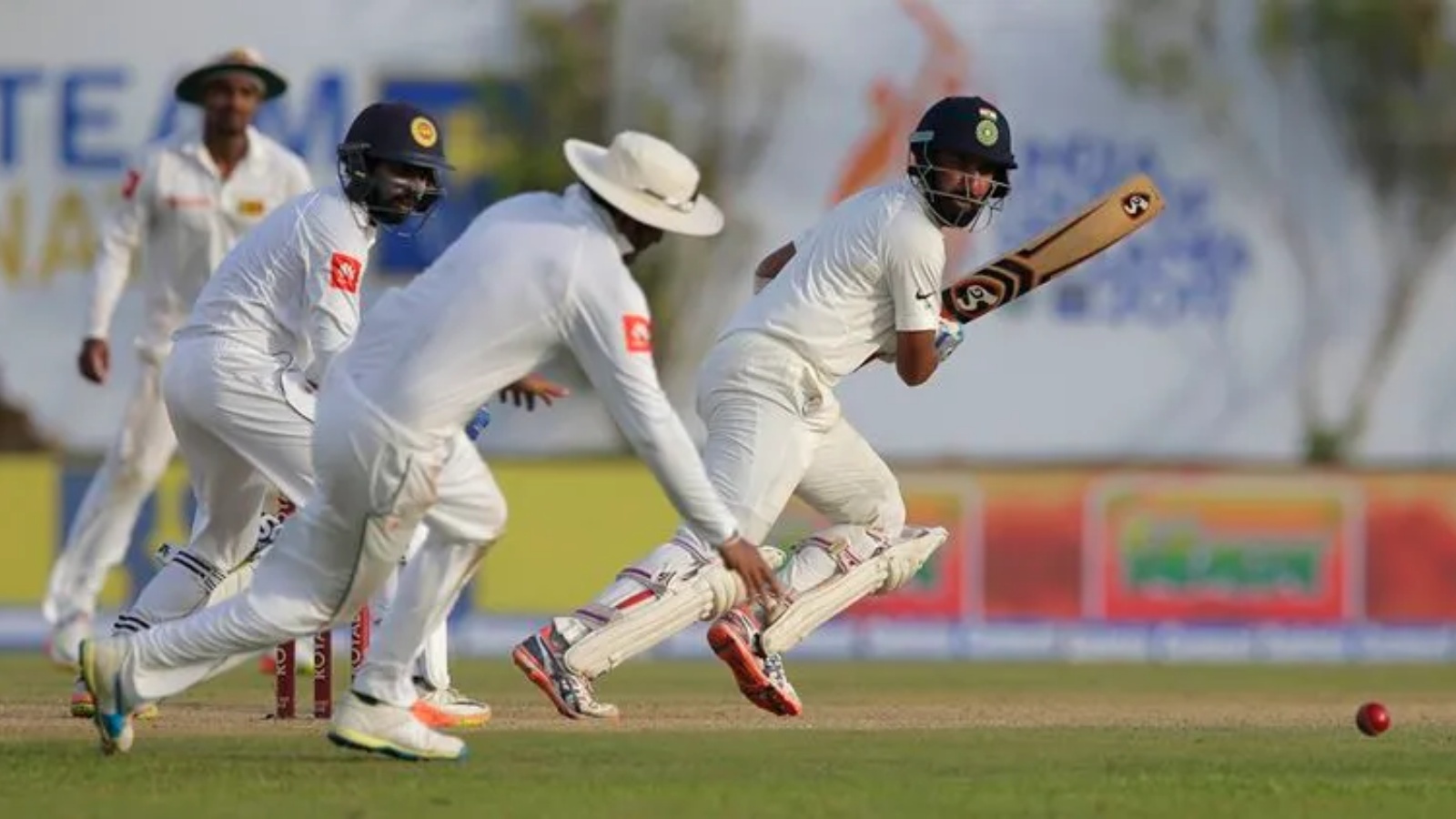I am writing this open letter as a cricket devotee and a person with lived experience of mental illness and suicidality. Allow me to bring to your attention a disturbingly common broadcasting practice that has the potential to do harm to the sport’s audience and trivialise a public health emergency. It pertains to broadcasters describing on-field human errors by players, such as run-outs and dropped catches, as “suicidal” or “commiting hara-kiri”.
This letter will demonstrate why you must end this problematic practice, and the far-reaching positive impact that you can create by establishing a protocol that prevents future use of this language in the commentary box.
Here’s why your attention to this issue is important:
Suicide is one of the world’s gravest public health crises. Across the world, suicide is among the biggest killers of young people. According to the World Health Organisation, one person dies by suicide every 40 seconds. In India, young adults aged 18-30 years accounted for the highest share – 35 per cent – of all suicides in 2022.
Cricket has a troubling legacy of mental health challenges and suicidality among players. This was painfully driven home by the recent tragic death of England great Graham Thorpe. Other players who died by suicide include India’s VB Chandrasekhar, England’s Harold Gimblett and David Bairstow (father of current England international Jonny Bairstow), and Australia’s Jack Iverson. Former India player David Johnson, who recently passed away, is also known to have struggled with mental health challenges.
From Glenn Maxwell to Virat Kohli, modern greats have increasingly opened up about the mental turmoil they live through in the boiling cauldron of international cricket — a toxic mix of sudden mass adulation and wealth, competitive pressures, fan expectations, media glare, and insecurity over short-lived careers. Former India stars Robin Uthappa and Praveen Kumar have talked about suicidal ideation at the lowest ebb of their lives. Maninder Singh, spin prodigy of his era, is a survivor of depression and alcohol addiction, which prematurely ended his playing career. England’s Marcus Trescothick and Sarah Taylor also had to call it quits owing to debilitating mental health challenges. Current Afghanistan men’s team coach Jonathan Trott – Wisden’s 2011 Cricketer of the Year – has spoken up about his severe mental health ordeals in his book Unguarded. Trott describes how he felt his opponents on the field circled him “like hyenas round a dying zebra”. He briefly “considered driving my car into the Thames or into a tree”.
Wisden Cricket Monthly founding editor David Frith’s book Silence of the Heart: Cricket Suicides presents data collected over 30 years to tell the stories of over 100 cricketers who took their own lives.
Former Kiwi pacer Iain O’Brien, who lived with depression, once asked: Is it cricket that acts as a catalyst for mental illnesses, or is there something unique about the people it draws? We have no clear answer to that question. What we do know is that our sport has an underbelly of great suffering and loss, and some of its greatest heroes have bravely stepped up to remove the stigma around it.
Hence, it is jarring when elite broadcasters with vast reach, popularity, and influence describe run-outs and dropped catches as “suicidal”. These are, at worst, annoying blunders. To use suicide as a metaphor for them is an offence against reason and basic human dignity.
This practice has been prevalent across domestic and international competitions for decades, carried forward by seasoned and new broadcasters alike, doubtless out of lack of awareness. It can be easily remedied with a standard, globally enforced language policy and training covering all current and future broadcasters. This training should be made a mandatory part of every new broadcaster’s initiation into the comm box.
We take heart from the sport’s embrace of the gender-neutral term “batter” replacing “batsman”, a seemingly small change that has had the powerful effect of correcting centuries of prejudice. Once the MCC issued an advice to make this switch, broadcasters seamlessly adopted it. Nothing prevents a similar shift once again.
Research shows that media representations of suicide play a vital role in shaping public attitudes towards it. Language that perpetuates stigma or trivialises suicide can be particularly harmful for vulnerable members of the audience and has no place in our sport. As a fan of the iconic faces and voices that bring alive the sport on our screens, I am certain that broadcasters will readily cooperate in this mission. I know that the mental health and suicide prevention community will.
Cricket teaches us a lot about life itself — fairness, courage, and respect for humans on and off the field. Abolishing harmful language from cricket’s vocabulary represents one more opportunity for the sport to set an example that other sports, and indeed society at large, can emulate.
In solidarity with and remembrance of those the game loved and lost.
The writer is the creator of Sanity, an independent mental health storytelling platform. He is also a member of the advisory board for the Centre for Global Mental Health run by King’s College London and the London School of Hygiene and Tropical Medicine



